
3 Ways to Kill Spiders and Spider Webs in Your Home
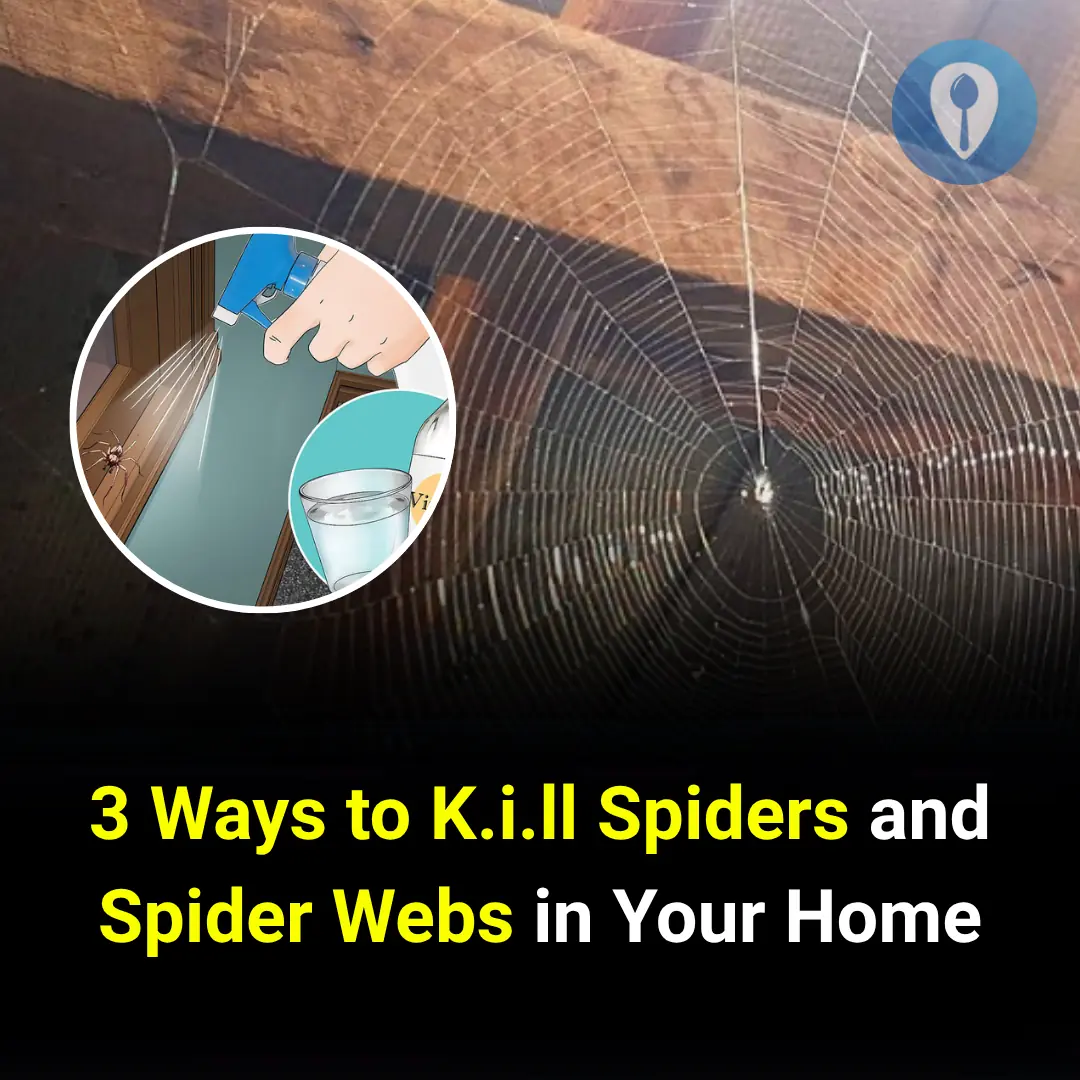
Spiders are one of the most common household pests across the world. While most of them are harmless and even beneficial because they eat other insects, many people find them unwelcome—especially when their webs start taking over corners, ceilings, or hidden nooks. In some cases, certain species like the black widow or brown recluse can be dangerous and must be dealt with immediately. If you've ever felt like your home is being slowly overtaken by spiders and their unsightly webs, you're not alone.
In this article, we’ll explore three powerful and practical ways to get rid of spiders and their webs—effectively, safely, and with long-lasting results. Each method includes detailed steps, natural and chemical alternatives, pros and cons, and prevention strategies to keep your home spider-free long after the cleanup is done.
Method 1: Natural Repellents and Traps
Natural methods are perfect for families with children or pets, or for those who simply prefer to avoid harsh chemicals in their home. Many natural substances are surprisingly effective at deterring or even killing spiders.
1.1 Use Essential Oils as Repellents
Spiders hate strong smells—especially from certain essential oils. Peppermint oil, tea tree oil, citrus oils, and eucalyptus oil are among the most effective.
Steps:
-
Mix 10–15 drops of peppermint essential oil with 1 cup of water in a spray bottle.
-
Add a few drops of dish soap to help the oil and water mix.
-
Spray this mixture around windows, doorways, baseboards, cracks, and anywhere spiders might enter or hide.
-
Repeat every few days, especially after cleaning.
Why it works:
Essential oils overload a spider’s sensitive smell receptors, making it uncomfortable for them to stay.
Other alternatives:
-
Vinegar-water solution (1:1 ratio)
-
Lemon or orange peel sprays
-
Cinnamon sticks or powder in corners
Pros:
-
Safe for children and pets
-
Smells pleasant
-
Easy to make at home
Cons:
-
Needs frequent reapplication
-
Won’t kill spiders instantly—repels more than eliminates
1.2 Diatomaceous Earth
Diatomaceous earth (DE) is a naturally occurring powder made from fossilized remains of marine organisms. It kills spiders by dehydrating their exoskeletons when they crawl over it.
Steps:
-
Sprinkle food-grade DE along baseboards, under furniture, near cracks, or behind appliances.
-
Leave it in place for 2–3 days, then vacuum.
-
Reapply as needed.
Pros:
-
Chemical-free and long-lasting
-
Effective against many crawling insects
-
Safe for indoor use (if food-grade)
Cons:
-
Can be messy
-
Needs to stay dry to be effective
1.3 Sticky Traps
Sticky traps are great for capturing spiders silently, especially in dark corners or behind furniture.
Steps:
-
Buy non-toxic, ready-made sticky traps from hardware stores.
-
Place them in areas with frequent spider activity.
-
Replace them every 1–2 weeks or when they fill up.
Tip:
You can make your own trap using cardboard, double-sided tape, and a few drops of peppermint oil.
Method 2: Chemical Treatments and Insecticides
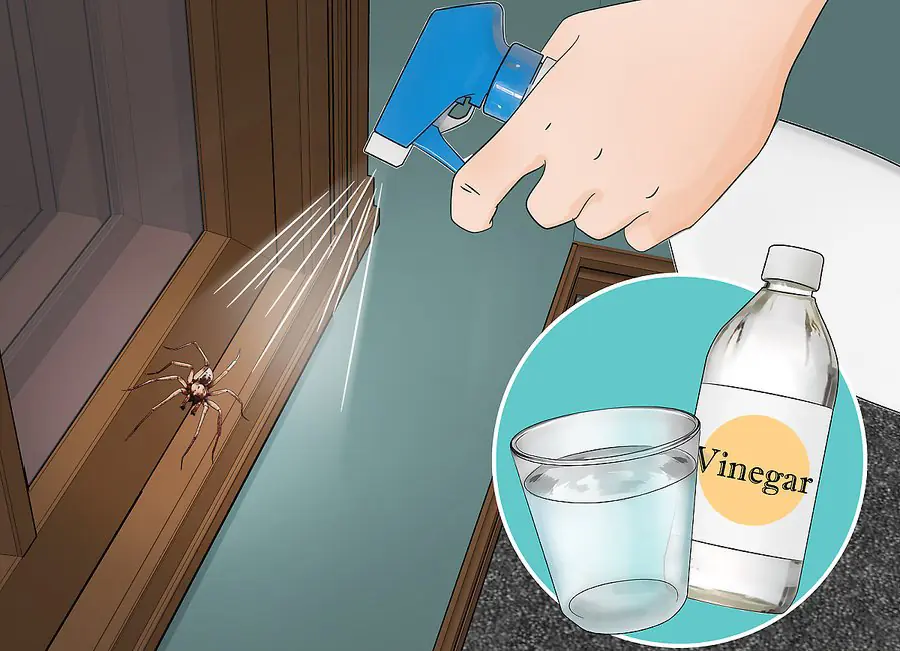
If you have a serious infestation or want quicker results, chemical-based solutions might be necessary. When used correctly, these methods can eliminate spiders and their webs efficiently.
2.1 Spider-Specific Sprays
These are commercial insecticides designed specifically to kill spiders on contact.
Steps:
-
Choose a spider-specific spray from a reputable brand.
-
Apply it directly to spider webs, corners, closets, under sinks, basements, and other spider-prone areas.
-
Use as directed on the label, and ensure the area is ventilated.
Common ingredients:
-
Pyrethroids (fast-acting neurotoxins for insects)
-
Deltamethrin
-
Bifenthrin
Pros:
-
Quick results
-
Long-lasting effects (up to 6 months)
Cons:
-
May be toxic to pets or kids if misused
-
Strong odor
2.2 Foggers and Bombs
Spider foggers (or bug bombs) are best for large, hidden infestations, like in attics or basements.
Steps:
-
Choose a fogger that targets spiders specifically.
-
Evacuate people and pets from the area.
-
Activate the fogger and leave for several hours.
-
Clean surfaces thoroughly afterward.
Pros:
-
Reaches difficult spots
-
Kills spiders and eggs
Cons:
-
Can’t be used frequently
-
Leaves chemical residue
-
May not destroy all spider webs (requires manual removal)
2.3 Perimeter Insecticide Treatment
Treating the outside of your house is just as important as treating the inside. Spraying around the base of your home, windows, and door frames can prevent spiders from entering.
Steps:
-
Buy a long-lasting perimeter spray.
-
Spray it around the exterior foundation, under eaves, and around windows/doors.
-
Reapply every 3–4 months or after heavy rain.
Method 3: Deep Cleaning and Physical Removal
Sometimes the most effective strategy is simply to physically remove the spiders and webs—especially when combined with prevention. Spiders are opportunists. If your home becomes inhospitable, they’ll look elsewhere.
3.1 Vacuum and Dust Regularly
Spiders thrive in dusty, undisturbed corners. Regular vacuuming is one of the most reliable ways to eliminate webs and eggs.
Focus Areas:
-
Ceiling corners
-
Behind furniture
-
Under beds
-
Inside closets and cabinets
Pro Tip:
Use a vacuum with a HEPA filter and a long extension wand. Empty the vacuum bag immediately after use.
3.2 Declutter and Seal Entry Points
Spiders love cluttered areas where they can hide undisturbed—especially cardboard boxes, old newspapers, and storage bins.
Tips:
-
Replace cardboard with plastic storage containers
-
Seal gaps around doors, windows, and vents using caulk or weather stripping
-
Install fine mesh screens on windows
3.3 Manual Web Removal
Spider webs don’t just look creepy—they can attract more spiders. Webs contain pheromones that signal other spiders to settle in.
Tools:
-
Extendable duster
-
Broom with microfiber cloth
-
Vinegar spray (helps dissolve web strands)
Aftercare:
Once removed, clean the area with disinfectant and follow up with a repellant spray.
Bonus: How to Prevent Future Spider Problems
Eliminating spiders is only half the battle. The goal is to keep them from coming back.
Prevention Tips:
-
Use citrus cleaners: Spiders dislike citrus; use citrus-scented sprays or cleaners regularly.
-
Reduce outdoor lighting: Lights attract insects, which attract spiders. Use yellow-toned “bug lights” instead.
-
Keep your yard tidy: Trim bushes, remove woodpiles, and clean gutters to discourage nesting near the home.
-
Avoid food waste: Crumbs attract insects, and insects attract spiders. Keep your kitchen and dining areas clean.
-
Close the gaps: Install door sweeps and weather stripping. Even the smallest crack is an open invitation.
Final Thoughts
While spiders do play a role in natural pest control, most people don’t want them crawling across their ceilings or spinning webs in their closets. By using a combination of natural repellents, chemical treatments, and physical cleaning, you can take back control of your home.
Whether you’re dealing with a mild spider presence or a full-blown infestation, the three methods outlined above give you the tools to respond effectively—and keep those eight-legged intruders out for good.
News in the same category

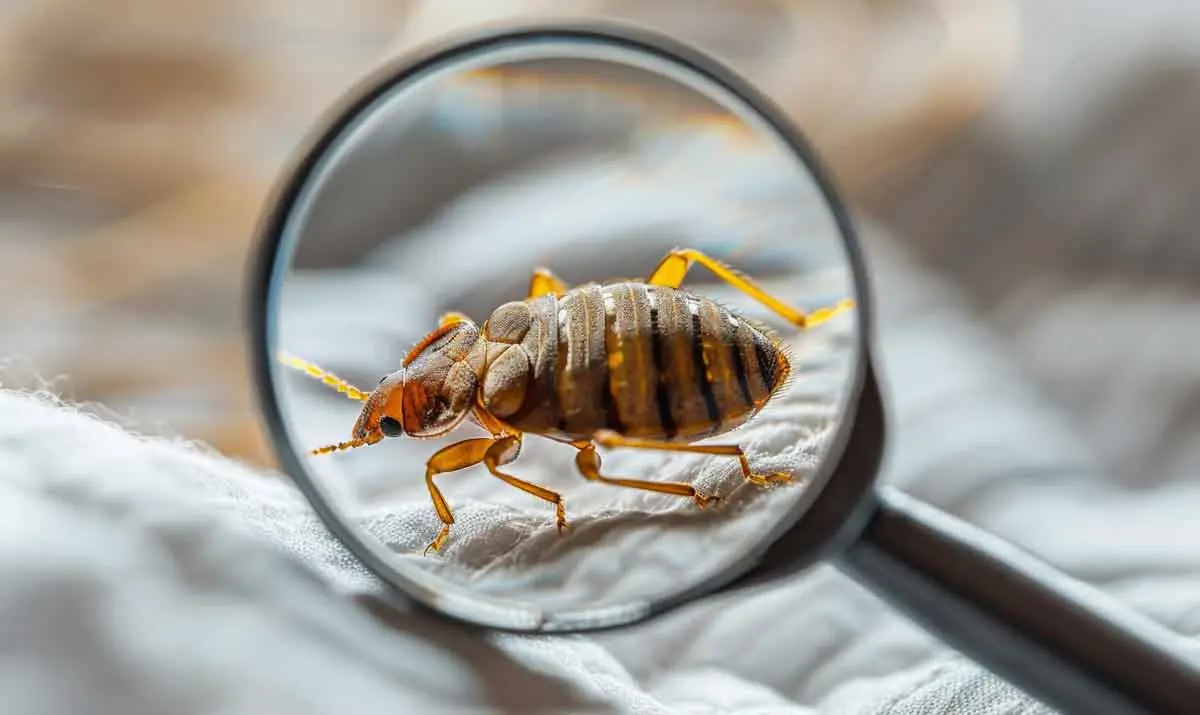
A gentle, natural approach to protecting your bed from mites and bedbugs

How to choose good garlic: Signs you should avoid for better flavor and longer storage

Why You Should Hang Clothes Upside Down in Cold Weather — Top Japanese Experts Explain

Livestock and Veterinary Experts: 5 Ways to Identify Safe, High-Quality Pork and Distinguish It from Dise.ased or De.ad Pigs

If You Spot This Vegetable at the Market, Buy It Immediately: Cheap but “Miraculously” Effective at Preventing Hair Loss and Boosting New Hair Growth
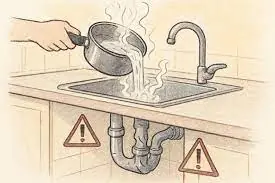
Stop pouring hot water down the sink — here’s why!
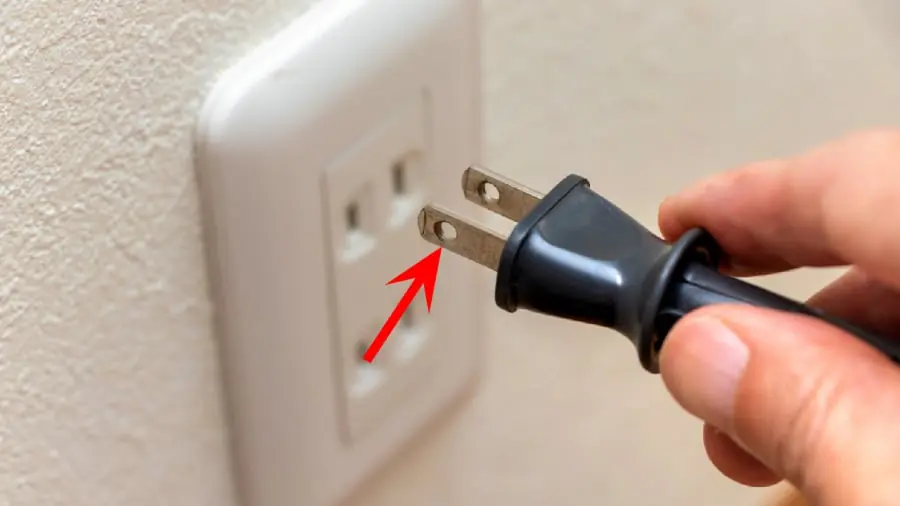
The Special Purpose of the Two Small Holes on Flat Plug Prongs That Many People Don’t Know

Here's how to choose delicious, sweet mangosteens – all 10 of them are perfect

A 111-year-old man eats these two foods every day—and they’re incredibly cheap at local markets
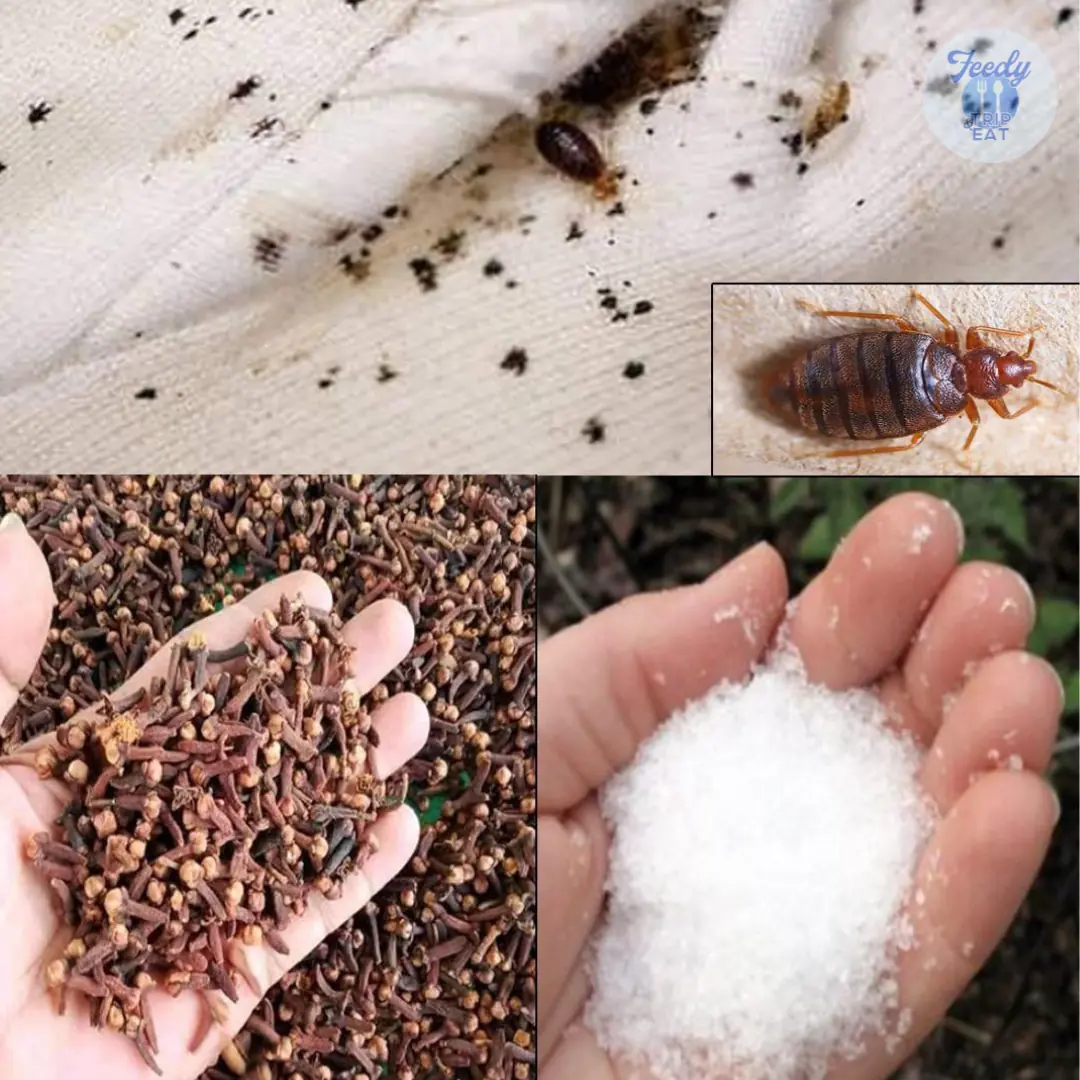
How to Quickly Eliminate Bed Bugs, Cockroaches, Fruit Flies, and Other Insects from Your Home
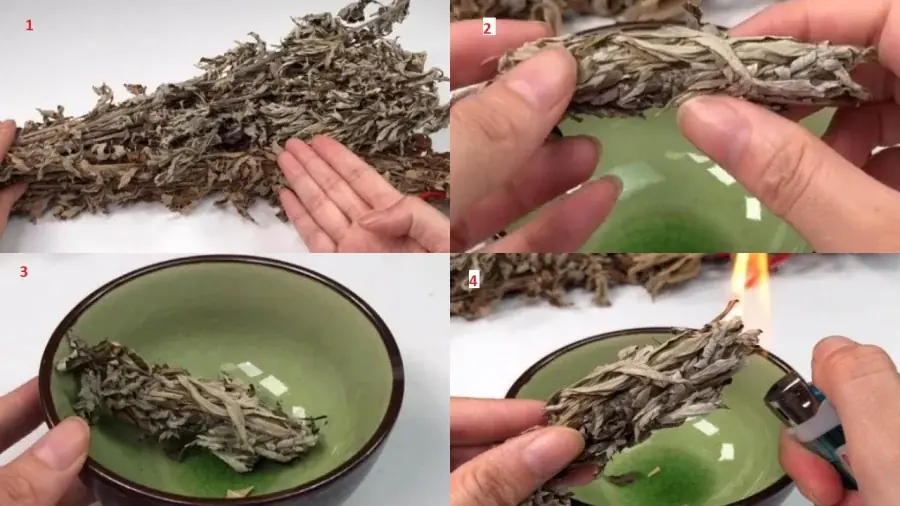
Mosquitoes are terrified of this leaf: Place a handful in your home and not a single one will dare to buzz around
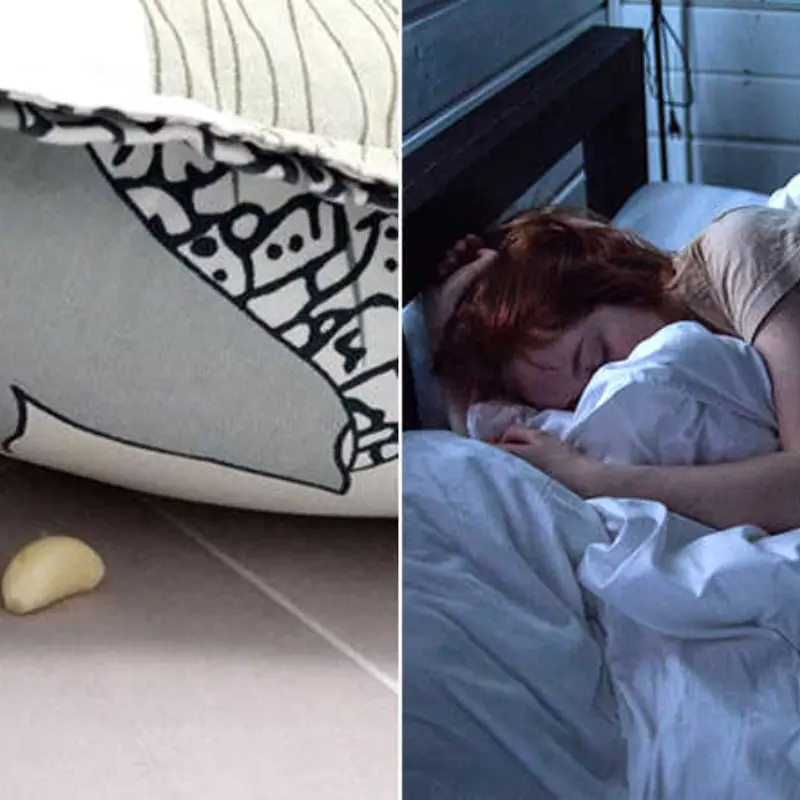
Why do people put garlic at the head of the bed before going to sleep? The reason may surprise you.
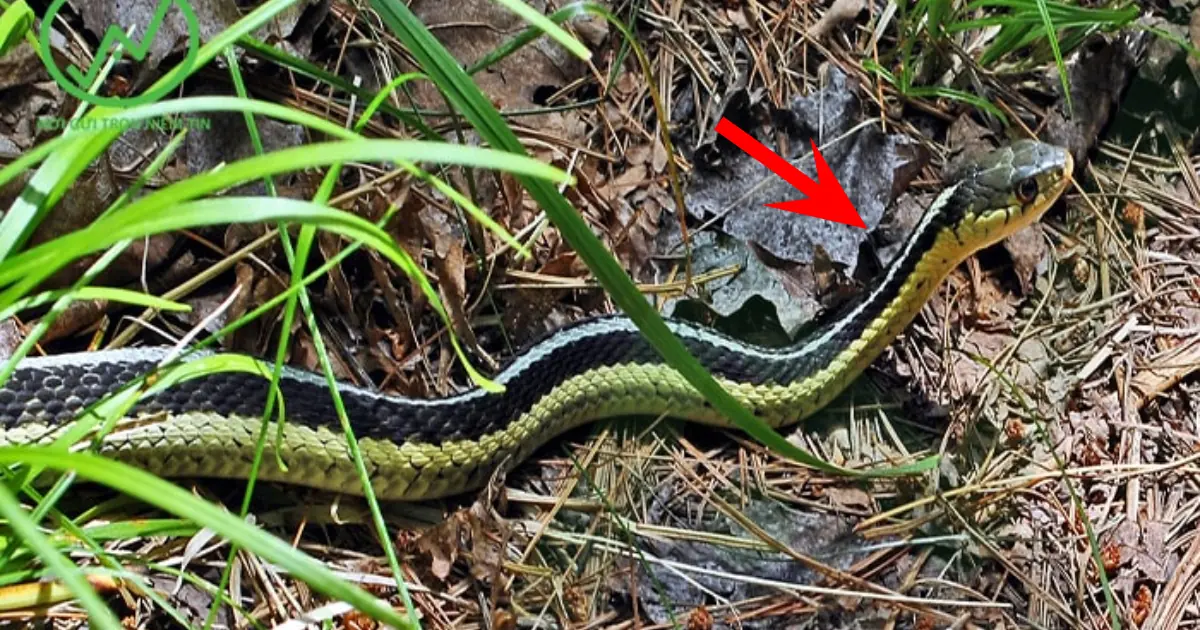
Snakes are af.raid of these 5 plants - Plant them around your house to repel snakes and protect your family
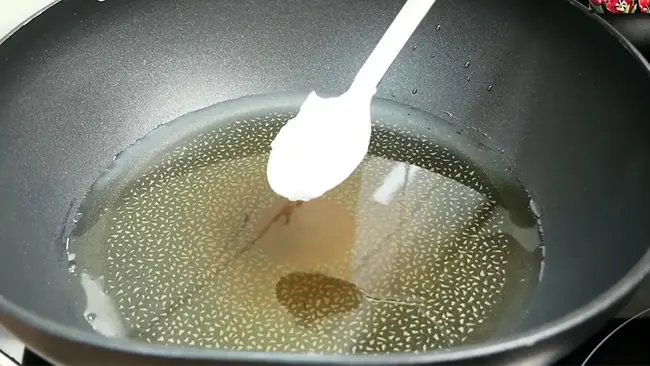
90% of women don’t know this trick: Add this one thing to the pan and you can fry “everything” without worrying about oil splattering!

When Buying Bananas, Just Say These 3 Words — Sellers Will Think You’re an Expert and Won’t Dare to Cheat You

Stop Storing Ginger in the Fridge! Here’s How to Keep It Fresh for Up to 6 Months

Thought It Was Just Kitchen Waste, Lemon Peels Turn Out to Be a “Hidden Treasure” With 5 Little-Known Uses

Stop washing clothes the old way! Don’t just add detergent—try this quick hack and your clothes will come out like new.
News Post
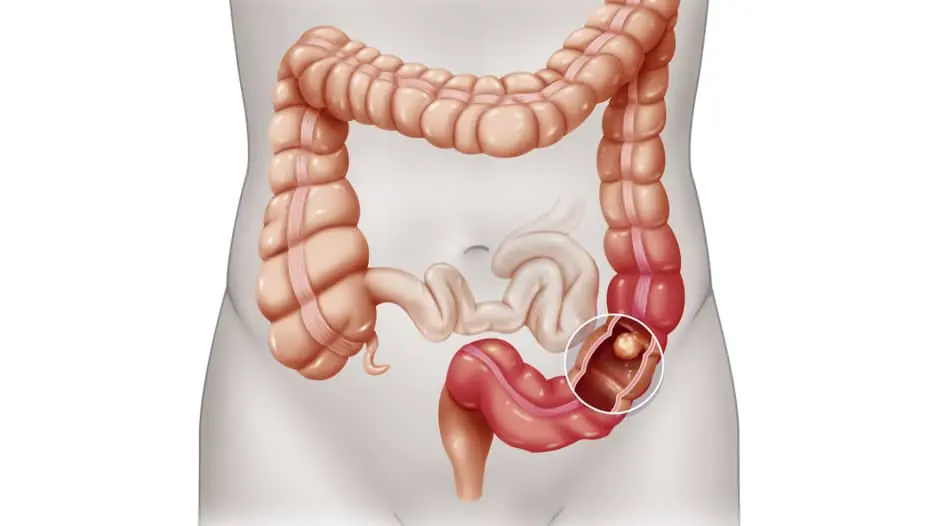
These factors can be the cause of c.o.lon ca.ncer that you may not notice in your daily routine

5 Diseases Linked to Dry Mouth and Thirst in the Middle of the Night
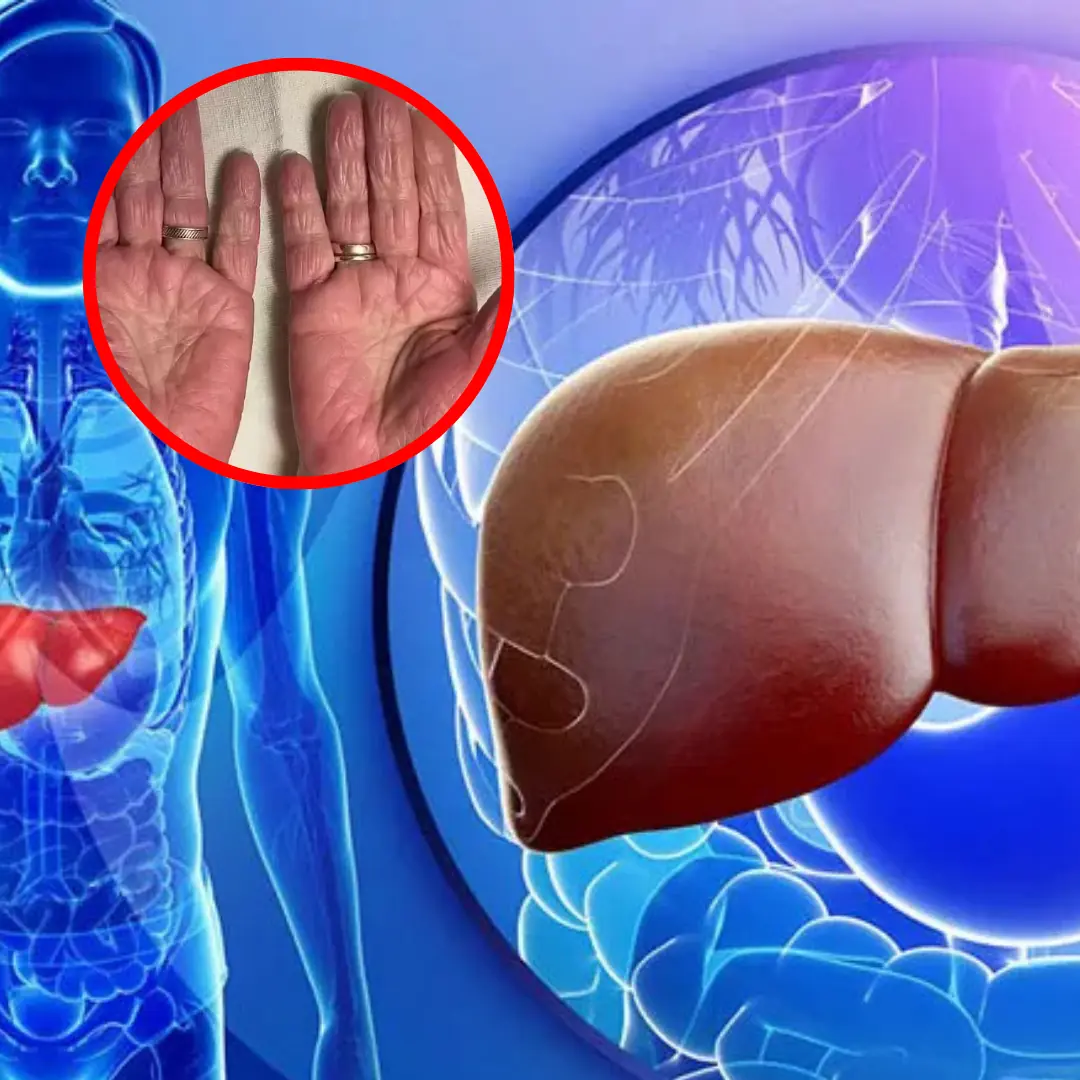
People with liver failure often have 3 characteristics on their hands, if you have 1 you should see a doctor soon

Why Your Phone Works Differently in Europe (And What They’re Not Telling You)
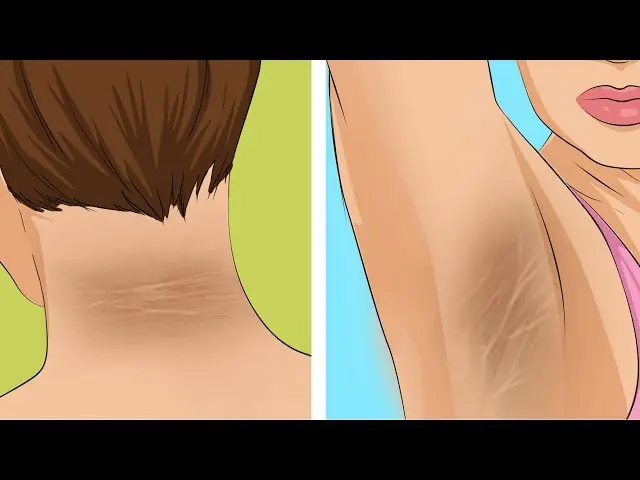
If you notice these 10 symptoms this morning, don't ignore them - you might have diabetes without realizing it

Lymphoma survivors share six symptoms they experienced before diagnosis

“I Warned Her So Many Times”: A 26-Year-Old’s Diagnosis Sparks a Wider Conversation About Women’s Health
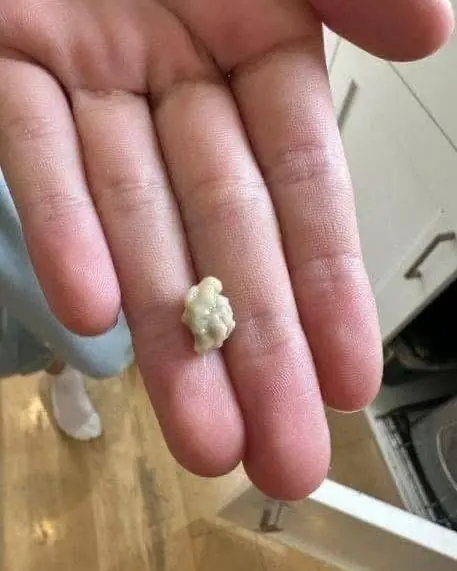
Today, my throat feels completely clear — right after this little thing came out. What was it?
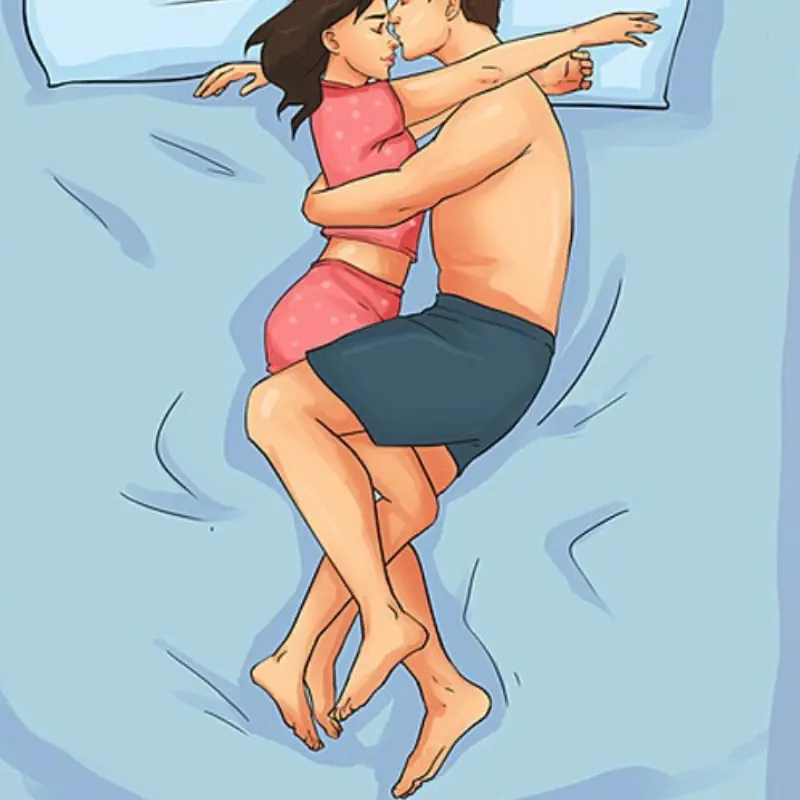
Can a Husband’s Habits Affect His Wife’s Breast Can.cer Risk?

Orange Dreamsicle Salad

The Stone Breaker Plant: Nature’s Remedy for Kidney Stones

The Alchemy of the Lagoon: How Wood Becomes Stone

A Scientific Look at Oregano’s Role in Supporting Wellness
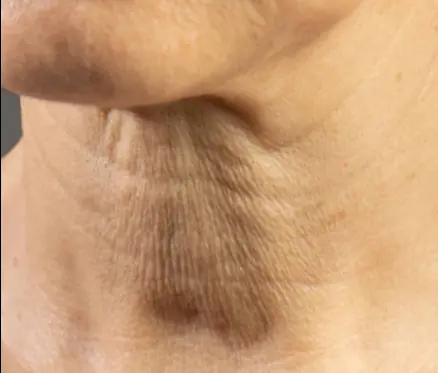
If your neck is starting to sag, don’t ignore it. This is why it happens

“I Di3d for 6 Minutes and Saw the Afterlife — What I Witnessed Still Haunts Me”
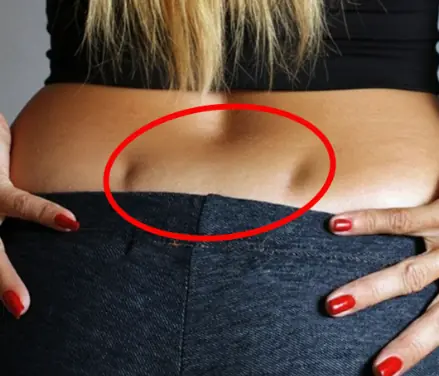
If You Have These Two "Dimples" on Your Lower Back, Here's What They Mean

Why Do Public Restroom Doors Always Have a Gap?
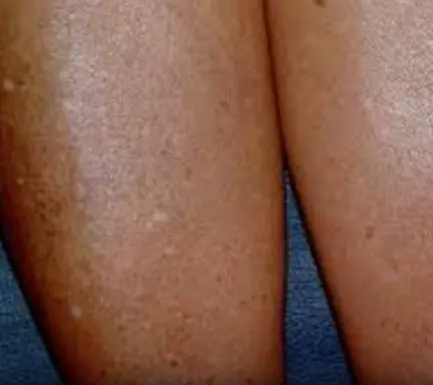
Have you noticed small white spots on your arms or legs… and you don't know what they are?
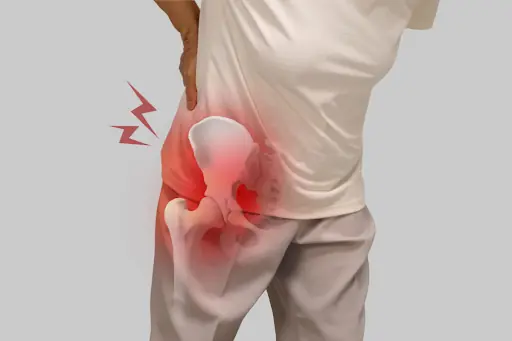
If You Have Hip Pain, It’s a Clear Sign That Something Deeper Is Wrong
